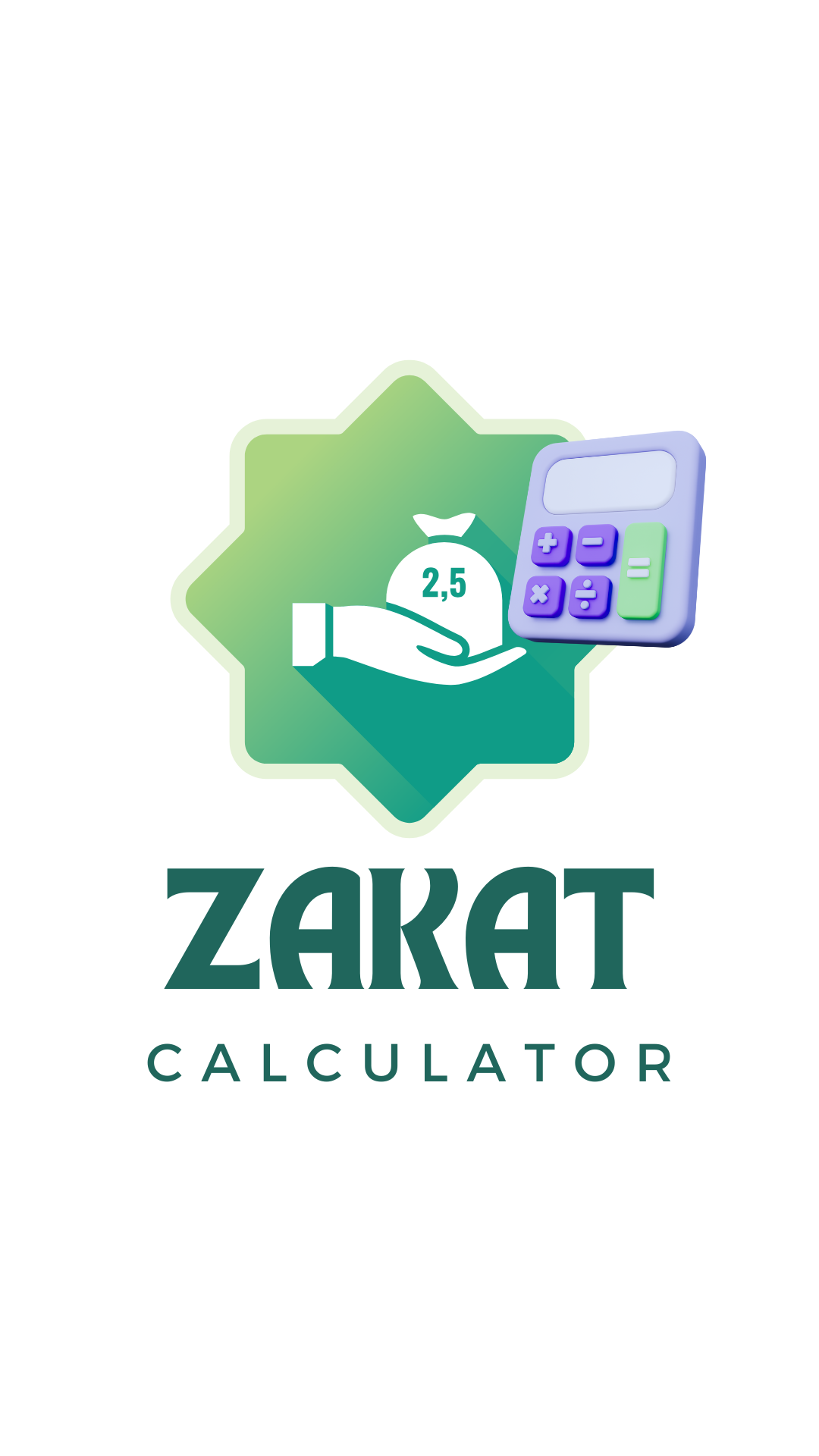📢 Calculate Your Zakat with Accuracy & Trust
✨ Purify Your Wealth – Fulfill Your Duty ✨
Why Use Our Zakat Calculator?
✔ Real-time Gold & Silver Prices for precise calculations
✔ Backed by authentic & accurate Islamic guidelines
✔ Your Zakat will reach the right needy persons
How to Calculate?
🔹 Simple & Fast – Enter your savings, gold, silver assets & debts
🔹 Secure & Easy Payment – Supports Vipps & other options
📍 Give with confidence – Your Zakat makes a difference!
 English
English
 العربية
العربية
 Norwegian
Norwegian











